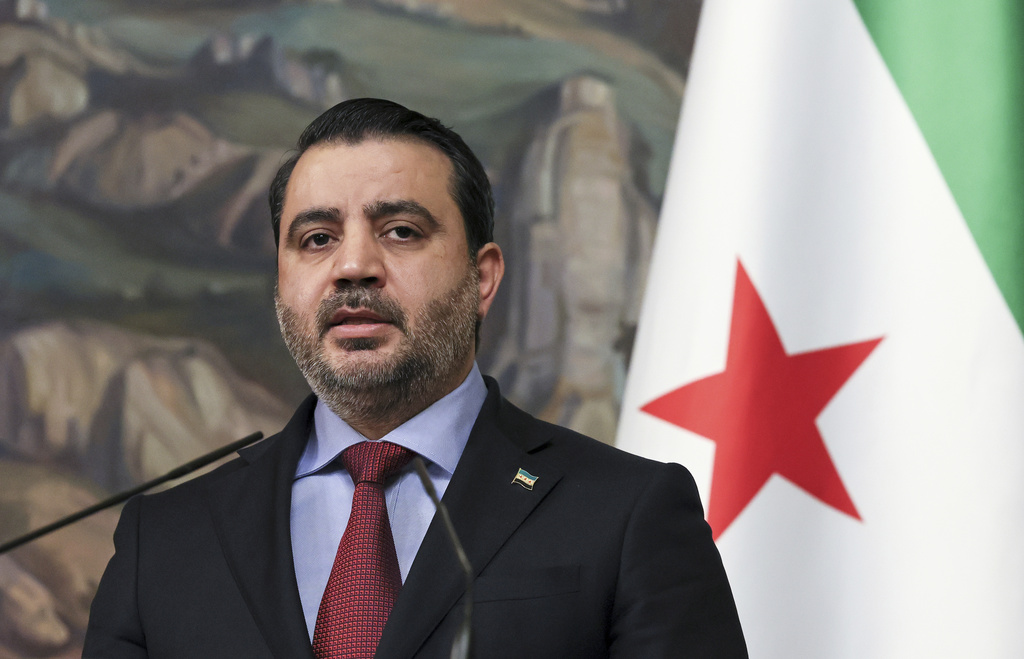
DAMASCUS - Syria's foreign affairs chief Asaad Hassan al-Shibani said on Tuesday that ties with Russia should develop into a more balanced partnership as the two countries enter a "new stage" of cooperation.
Speaking at Tishreen Palace in Damascus during talks with Russian Deputy Prime Minister Alexander Novak, al-Shibani called relations with Moscow "deep, marked by friendship and cooperation", but said they had lacked balance in the past.
"Any foreign presence on our land must aim to help the Syrian people build their future," he said, adding that Damascus welcomed cooperation with Russia in reconstruction, energy, agriculture, and health "on a fair and transparent basis".
Novak said the talks focused on bilateral cooperation in key sectors and described the current stage as historic. "Relations between our two peoples will be built on mutual respect," he said, expressing hope for further growth.
He said Moscow placed special importance on the upcoming visit of Syrian interim leader Ahmed al-Sharaa to Moscow for the Arab-Russian summit. Novak reaffirmed Russia's support for Syria's sovereignty and territorial integrity, calling the relationship one of "friendship and partnership".
Russia has been a crucial ally of Syria's former president Bashar al-Assad during Syria's 13-year conflict, providing military support that helped Damascus regain large parts of the country once held by opposition forces. Moscow maintains long-term military bases in Syria, including an airbase at Hmeimim and a naval facility at Tartus, giving it a strategic foothold in the eastern Mediterranean.
READ MORE: Syrian, Israeli officials hold talks on southern Syria stability
Beyond its military presence, Russia has sought to secure economic deals in reconstruction, energy, and agriculture, even as Western sanctions and Syria's economic collapse have slowed recovery. The war, which began in 2011, has killed hundreds of thousands, displaced millions, and left much of the country's infrastructure in ruins.


